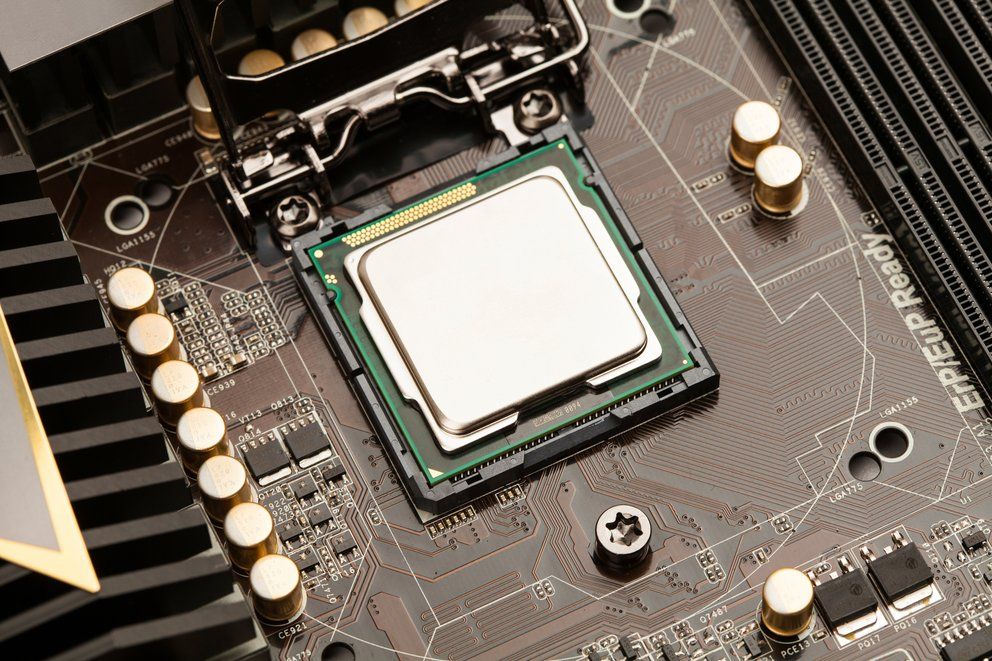Intel is expanding. Instead of continuing to focus on developing and selling processors for desktops and servers, the company now seems to be looking to expand its hardware business: graphics cards. Should AMD and Nvidia start worrying?
Intel graphics cards: “Team Blue” expands horizons
Those who hear the name Intel probably think first and foremost of PC processors. This is not surprising, because according to Steam, more than 82 percent of PC players rely on an Intel CPU.
AMD and Nvidia rivalry: Intel is repositioning its graphics card business
Although the hardware manufacturer has many more products in its portfolio, gaming graphics cards are not yet part of it. But it could change now. According to the Times of India online platform, Intel has incorporated large parts of the new company Ineda Systems.
The company is currently dealing with artificial intelligence, autonomous driving and IoT. However, it is about supporting Intel in another area with immediate effect, as announced by an Intel spokesman:
This transaction puts an experienced System-on-a-chip (SoC) team alongside Intel to help them build a world-class discrete GPU business.
And to sum it up briefly: Intel is working with the Ineda Systems team on one or more new graphics cards. Intel Discrete GPUs: Will AMD and Nvidia Need to Worry Now?
Nearly 100 Ineda Systems engineers are expected to work on Intel’s own graphics card in the coming months and years. It is not yet known whether the new GPU will be designed as a game graphics card for PC gamers. After all, it could also be used on other systems, such as professional workstations, servers, or supercomputers.
Currently, these areas are dominated by Nvidia’s Quadro and Tesla cards, as well as AMD’s Radeon Pro cards. But Intel has also gained experience with the Xeon-Phi product line. Among other things, the manufacturer’s graphics accelerators were used in the TH-2 Chinese supercomputer, which was the fastest in the world until June 2016.
However, if Intel really wants to carve out a niche for itself in the gaming graphics card industry, then it shouldn’t take Nvidia as an example right now. A new malfunction of the RTX cards caused some confusion among PC gamers in the last few days.
What do you think of Intel’s new investment in the graphics card industry? Would you install an Intel GPU in your gaming machine if the price were right? Or will you remain loyal to AMD and Nvidia? Write your opinion on the subject in the comments.
